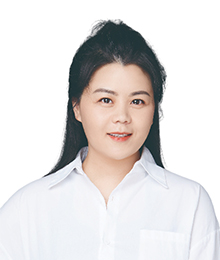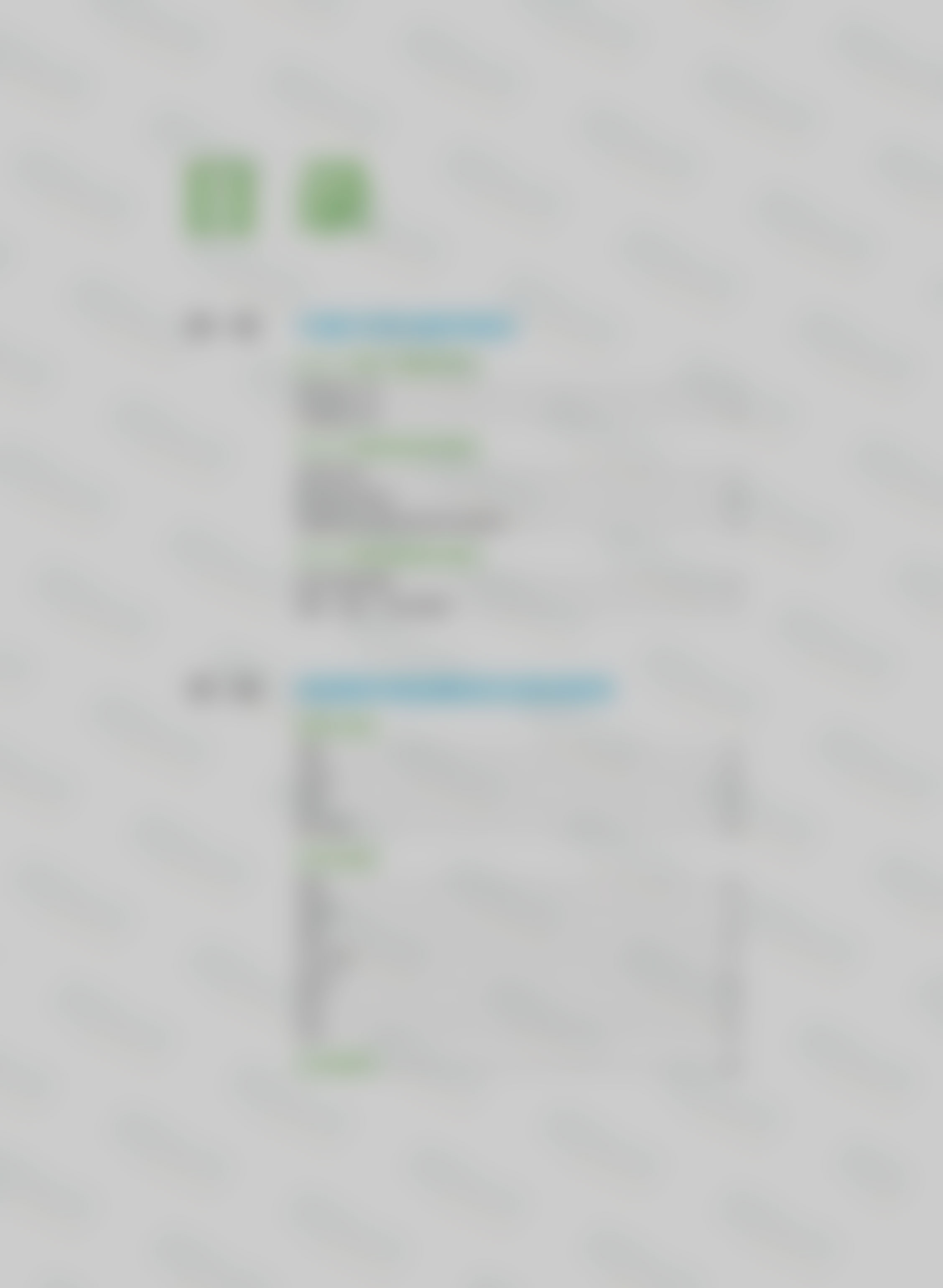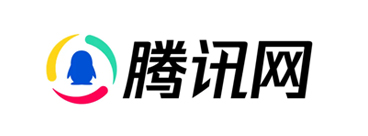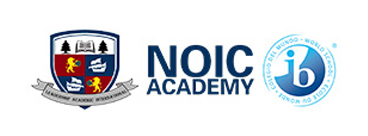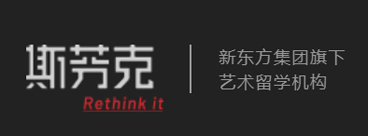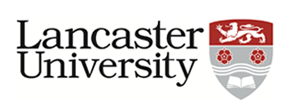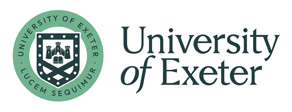哥伦比亚大学新闻传媒
http://www.journalism.columbia.edu/
Master of Arts in Journalism deadline: Dec. 15
Starting August 2016
The Master of Arts Program equips journalists with subject-area expertise, so they can unpack complicated issues for the public. The program, now in its tenth year, is designed for journalists who have 3 to 15 years of professional experience but want to go deeper. M.A. students develop a strong subject-matter grounding that enables them to ask more informed questions, to situate news events in their larger context, and to evaluate competing evidence. They learn to produce stories that are nuanced, compelling, and sophisticated.
We are looking for intellectually curious students with demonstrable reporting experience. Applicants do not need to have any background in the concentration to which they apply.
The M.A. Program is animated by the idea that deep understanding--of subject matter and of the inherent but ever-changing demands of journalism--will be required of the leading journalists of tomorrow.
Applicants choose a subject area:
ARTS & CULTURE
BUSINESS & ECONOMICS
POLITICS AND GLOBAL AFFAIRS
SCIENCE, ENVIRONMENT & MEDICINE
Professors: David Hajdu and Alisa Solomon
Develop historical knowledge, analytical understanding, and nimble thinking about arts and culture across a range of disciplines. Through extensive reading, case studies, site visits, and collaborations with scholars and artists, you’ll consider not only the emotional force of the arts but also how they function as commodities in a global marketplace. You’ll develop the skills, analytical habits of mind, and flexibility to become a cultural reporter and critic in the fullest sense.
Respected experts from Columbia and elsewhere are often brought in as guest teachers. Recent guests have included Jane Ginsburg, an expert on intellectual property at Columbia Law School; Frances Negron-Muntaner from Columbia’s English department; Andreas Huyssen, a comparative literature professor and an expert on the Frankfurt School; Shakespearian James Shapiro; anthropology professor Page West; and art dealer Louis Salerno.
M.A. Curriculum
Graduate Seminar
The seminar in a chosen concentration (Arts & Culture; Science, Health & the Environment; Business & Economics; or Politics), taken in both the fall and the spring semesters, is the most intensive part of the M.A. degree. Taught by members of the Journalism School faculty and subject-area experts from Columbia and beyond, the seminars combine course readings, case studies, and visits with experts to provide a deep dive into the student’s chosen concentration.
Master's Thesis
The thesis is an integral part of the M.A. year, intended to give students the opportunity to explore a topic in depth and synthesize what they learn in a sophisticated manner. The end product is a work of long-form journalism (8,000-10,000 words for a print story, or the equivalent in another medium).
The M.A. thesis balances the demands of writing for a general audience with the need for thorough and nuanced journalism about complex issues. For this reason, the thesis is often advised both by a journalism professor and by a professor (or other expert) with knowledge of the subject covered by the thesis. The subject-area expert (or “outside adviser”) offers guidance and criticism relating to content. For instance, an outside adviser might suggest potential sources of information for the piece, including background reading and people to interview, or point out flaws or weaknesses in the student’s evolving argument.
 With the help of these two advisers, the M.A. student sets out to complete the sort of work that an educated reader (or viewer, or listener) would consume with pleasure and that an expert in the field would deem informed and thoughtful.
With the help of these two advisers, the M.A. student sets out to complete the sort of work that an educated reader (or viewer, or listener) would consume with pleasure and that an expert in the field would deem informed and thoughtful.
Evidence & Inference
This course teaches a disciplined “journalistic method” of testing assumptions and hypotheses, recognizing the ways that stories can distort the truth, and making sure that reporting firmly proves its points.
It begins with an overview of the history of journalism, focusing on the development of empirical fact gathering and the evolution of the concept of objectivity. After that, students are introduced to a suite of advanced research techniques for gathering and assessing information. Most working journalists don’t have these skills, but they are highly useful in journalistic work. They include statistical literacy, rigorous interviewing techniques, and understanding the work of experts.
A distinguished group of leading Columbia experts from outside the Journalism School help teach this course, which is overseen by Prof. Nicholas Lemann.
M.A. Essentials
This course aims to provide the knowledge and skills necessary to being an effective journalist in the 21st Century.
Prof. Emily Bell, director of the Tow Center for Digital Journalism, will open the course with three lecturers about the ways that technology is transforming the business and the practice of journalism.
After Bell's lecturers, the class will break into two groups. Each will get training in contemporary investigative techniques involving public records, internet forensics, and backgrounding of individuals and corporations. From there, the groups will move into data journalism, learning the key principles and concepts and then putting them to use through a group project. Students will work with a data set that is relevant to their concentrations and, in some cases, the project will dovetail with assignments in the subject seminars.
At the end of this course, students will be able to employ cutting-edge reporting methods in all their work.
Outside Courses
Each M.A. student takes three courses outside the Journalism School: one in the fall and two in the spring. Students may enroll in almost any graduate-level course throughout Columbia University, including the other professional schools, provided it will deepen their understanding of the chosen area of study. Each student’s individual course selections are approved by faculty.
M.A. Required Application Materials
1. Apply Online
You must create an account through our online system in order to submit an application and required materials. Please remember to write down your username and password to access your application at a later time.
2. $100 nonrefundable application fee
You may use a credit card (preferred method) or a check or bank money order drawn in U.S. dollars from a U.S. bank when submitting your application online. Please make the check payable to Columbia University. We will not accept cash or postal money orders, no exceptions. Applications are not considered complete unless accompanied by the fee. The school does not grant application fee waivers.
3. Official transcript(s)
Scanned copies of transcripts from each of the undergraduate and graduate institutions you have attended should be uploaded through our online application system. If an official transcript is not in English, the applicant must submit both the official transcript and its verbatim English translation. If the institution does not provide an English translation, with the official transcript, a certified, verbatim English translation from a translation service must be obtained. If you are admitted and decide to enroll, you must submit, in the original, sealed envelope, from the institution(s), your academic transcript(s). IMPORTANT: Transcripts must be documents as received from your school's Registrar's Office. You may not submit photocopies, printouts from student self-service portals, photographs of documents, etc. After saving your file, make certain your transcript uploaded properly and is legible by using the "Preview Upload" button in the online application.
4. Three letters of recommendation
Applicants are required to submit three letters of recommendations. An email is sent to each recommender instructing him/her on how to write, upload, and submit their recommendation letter. You may submit your online application even if the letters of evaluation have not yet been submitted by your evaluators. Please refrain from asking relatives, family or personal friends and classmates to write your letters of recommendations. Appropriate recommenders are, for example, professors, editors, job supervisors, teachers; in short people who have supervised your academic or professional work and can comment and provide evidence of your ability to perform top graduate level work. Letters of recommendation should be on official letterhead.
5. Writing Test (ONLY FOR M.A. APPLICANTS WHO INDICATED THEY WOULD ALSO LIKE TO BE CONSIDERED FOR THE M.S.) - The writing test administered by the Columbia Journalism School is taken from mid-December through the month of January. Test instructions will be sent after the application has been submitted. The Admissions Office will email you regarding test logistics after December 16. The writing test takes approximately two hours and focuses on an applicant’s reporting, writing and critical thinking skills. The test format is short answer and open-ended questions. It may be taken in New York City or administered with an alumni proctor in your area. You are not required to come to New York City to take the test. We do not have a sample test online.
6. An active e-mail address
Please ensure that you have a reliable e-mail account. During the admissions process the Office of Admission and Financial Aid will communicate with applicants via e-mail only. All admission and financial and scholarship aid notifications will be sent by e-mail. We encourage applicants to frequently check their e-mails.
7. TOEFL or IELTS for international applicants
Proof of English language eligibility for international students: Applicants to the M.S. or M.A. must submit current official TOEFL (Test of English as a Foreign Language) or IELTS (International English Language Testing System) scores if you indicated "No" to whether your entire undergraduate education was completed at an English-language university. Ph.D. applicants must submit scores if English is not your native language OR you indicated that your entire undergraduate education was not completed at an English-language university. TOEFL scores are valid for two years from the test date. Waivers of this requirement are rarely given and must be approved before the application deadline. The Columbia Journalism School reference code for ETS is 2120.
The test scores must be sent directly from either the Educational Testing Service (ETS: www.ets.org) or IELTS (www.ielts.org) to the Office of Admission and Financial Aid, Columbia Journalism School, 2950 Broadway, Pulitzer Hall, MC 3801, New York, NY 10027.
We require the following scores for consideration:
|
TOEFL IELTS |
8.0 |
8. Three personal essays submitted online only
Essay A: Autobiographical Essay (750-word limit)
In a short autobiographical essay, tell us about yourself. You can write about your family, your education, your talents, or your passions, about significant places or events in your life; about books you have read, people you have met, or work you've done that has shaped the person you have become. Our only requirements are that the essay be informative, well written, and reflective of your own voice. We caution you to avoid poetry, purple prose, or writing about yourself in the third person.
Essay B: Professional Essay (750-word limit)
Submit a stringent self-assessment of your work as a journalist or in Columbia’s Master of Science program, pointing out strengths and weaknesses. If you have not been enrolled as a student in the past five years, we would like to know what opportunities and challenges you foresee in pursuing the Master of Arts, as well as how you expect to change your career path after completing this program. If you have recently completed our Master of Science program, we would appreciate your specific ideas regarding the added value the Master of Arts program will confer upon you, and your assessment of the relationship between the two curricula.
Essay C: Subject Interest Essay (750-word limit)
This essay should make the case for your admission to your chosen major within the M.A. program. Please describe how your educational or professional experience has prepared you to undertake this field of study and to handle the in-depth materials you will encounter in the major. It will be helpful to the admission committee if you discuss any interest in a sub-specialty (i.e. a Business and Economics major may wish to become a technology reporter) in which you will produce your master’s thesis.
9. A current résumé or curriculum vitae submitted online only
Please include any honors or awards you have received as a student or working journalist. Note important stories you have developed or covered, particularly those that relate to the concentration to which you are applying.
10. Clips/ Writing samples
We require applicants to submit three examples of their journalistic or other written work in support of their application. Please upload these samples (in PDF or Word format) into our online application. Please submit no more than a total of 15 pages. We will not accept, via post, any clips or writing samples, permanently bound or laminated work, notebooks, magazines, newspapers, books, etc. Do not submit work you have not written yourself or copyedited. For applicants that do not have clips, the admission committee wants to see writing samples that demonstrate your ability to distill and interpret information, e.g. blogs, press releases, or short writing samples. For any audio or video clips, submissions should run no longer than 2-3 minutes each. We will not accept any DVD or CD disks with audio or video clips. Any materials submitted that do not meet these criteria will not be considered. No more than three samples should be submitted in total, whether written samples or multimedia clips.
Contact the Office of Admission and Financial Aid
Columbia Journalism School
2950 Broadway (at 116th St.)
Room 203 (lobby)
New York, NY 10027
(212) 854-8608
admissions@jrn.columbia.edu
Cost of Attendance
M.A. (9 months)
|
Tuition |
$53,656 |
|
|
Health Service Fee |
$980 |
|
|
Gold Level Medical Insurance |
$3,256 |
|
|
University Fees |
$924 |
|
|
Transcript Fee (one-time) |
$105 |
|
|
Technology Fee (one-time) |
$1,200 |
|
|
Enrollment Fee (nonrefundable) |
$1,000 |
|
|
TOTAL |
$61,121* |
|
Including living expenses** (rent, utilities, food, travel, personal) of $28,071, the full-time student budget is estimated at $89,192.

